How Can uST Improve the Efficiency of Transport Communication in the Regions of the Far North?
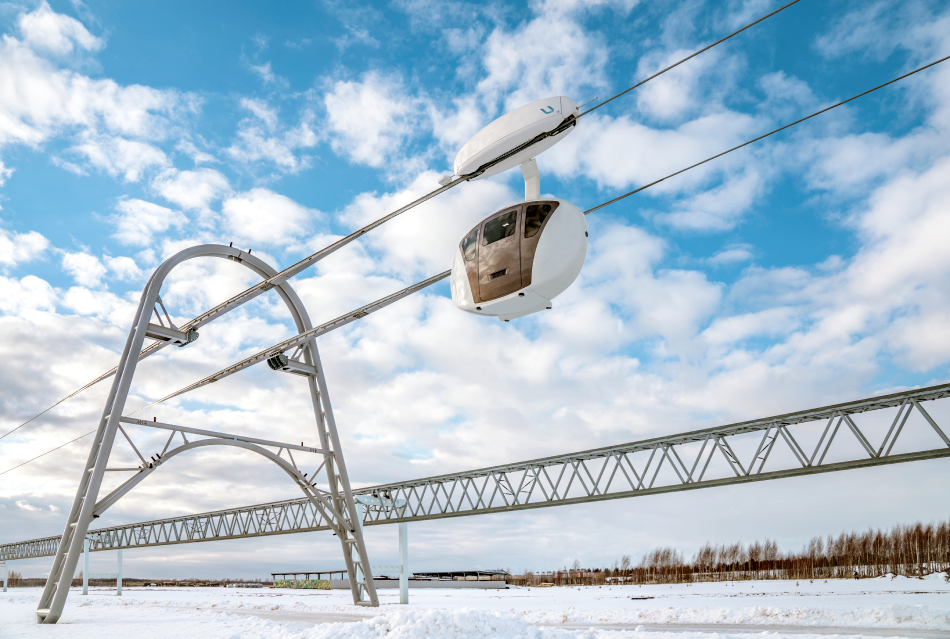
A long and harsh winter makes adjustments to the operation of urban transport, and sometimes completely blocks it. uST solutions can become an alternative to buses, trolleybuses, and electric buses in the regions of the Far North in order to deliver passengers to their destination quickly and comfortably.
Winter breaks records
The cold season is often a test for urban transport services. Preparation for frosts and snowfalls begins in summer, but the weather still presents unpleasant surprises such as icy rain, blizzards, fog. These winter months were no exception. For example, in ten regions of Siberia and the Far East, severe January frosts threatened railway accidents: the temperature dropped to -46 °C.
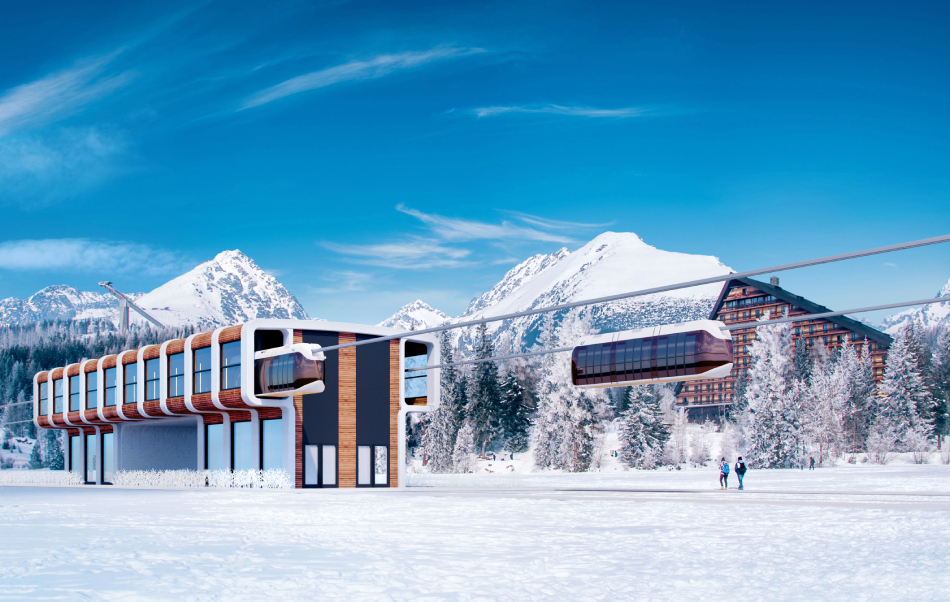
Approximately 70 % of Russia's territory has the status of the Far North regions and equivalent areas with severe climatic conditions. Residents of these regions, as well as local transport services, have a difficult time: winter lasts not two or three months here.
- In Norilsk and Dudinka, situated in Krasnoyarsk Krai, the snow does not melt until midsummer.
- In Yakutsk, the winter daylight lasts less than four hours, and the average annual temperature is -8.8 °C. The duration of winter is about eight months.
- In the Yamalo-Nenets Autonomous Okrug, cold weather comes in mid-September and persists until the end of May.
The issue of transport accessibility remains problematic for 25 regions of the Russian Federation. The lack of year-round communication with the general networks of roads and railways, the lack of communication with ports, seasonal isolation for more than 180 days reduces the quality of life of the population. At the same time, the development of the communication network will help to reduce the outflow of residents from the northern regions and raise the comfort of living.
uST solutions make it possible to bring down the vulnerability of the transport sector in winter to zero. Reliable, safe, and durable string rail overpasses withstand even extreme weather conditions. These complexes can be erected even in places where the construction of roads is difficult due to the specifics of the climate or soil.
Extreme auto show on winter roads
To ensure communication in the northern regions, ice winter roads are laid along the frozen beds of large rivers, ice crossings are arranged. But this does not solve all the problems. Drivers face the effects of thawing permafrost: the roadbed subsides, cryogenic heaving of soils is observed. Road surfaces are deformed, their durability and service life reduce.
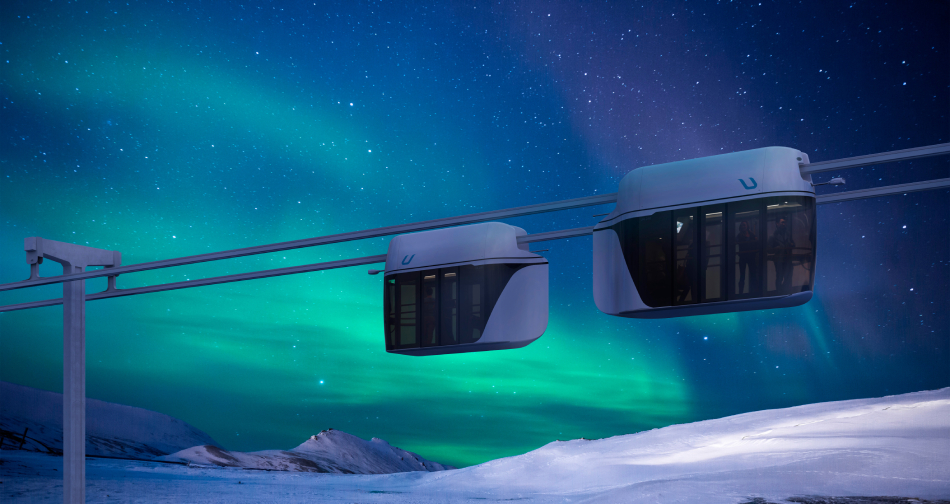
- In winter, the condition of roads is affected by increased precipitation, therefore, glaze ice, packed snow, black ice are not uncommon.
- The use of reagents and frequent temperature drops lead to significant damages of the roadbed.
- As statistics show, highways on which the permitted speed exceeds 70 km/h suffer up to 90 % of damage during the cold period. The use of studded and friction tires causes excessive and premature wear of asphalt.
uST solves the problems of the North
Meanwhile, even the incoming of spring does not save the situation: traffic is disrupted due to the overflowing of rivers, since in Russia significant roads and railways mainly run through floodplain areas or cross them. uST Complexes are able to solve the main tasks that the industry faces under difficult weather conditions.
- Long wait at stopping points.
People have to stand in the cold for a long time in winter due to shifting traffic schedules of urban transport. uPods move on the second level, therefore they are not affected by traffic jams due to an accident or snowfall. The automated control system adapts the intervals of rolling stock arrival at the station to passenger traffic, and cafes, shops, pharmacies, and other service facilities can be located in the complexes.
- Cold transport.
The air temperature in the cabins of uPods is maintained at a comfortable level at any time of the year, and this requires minimal costs – unlike electric buses, whose passengers complain of cold in winter. In severe frosts, the interior of the electric bus requires continuous heating, and the volume of the diesel heater is not enough for intensive operation throughout the whole shift.
- Developed transport links.
uST routes for both passenger and cargo transportation can be laid even in the most remote settlements. This optimizes the delivery of foodstuffs and goods, as well as establishes communication. At the same time, uST solutions can be implemented in places where the construction of ordinary roads is difficult.
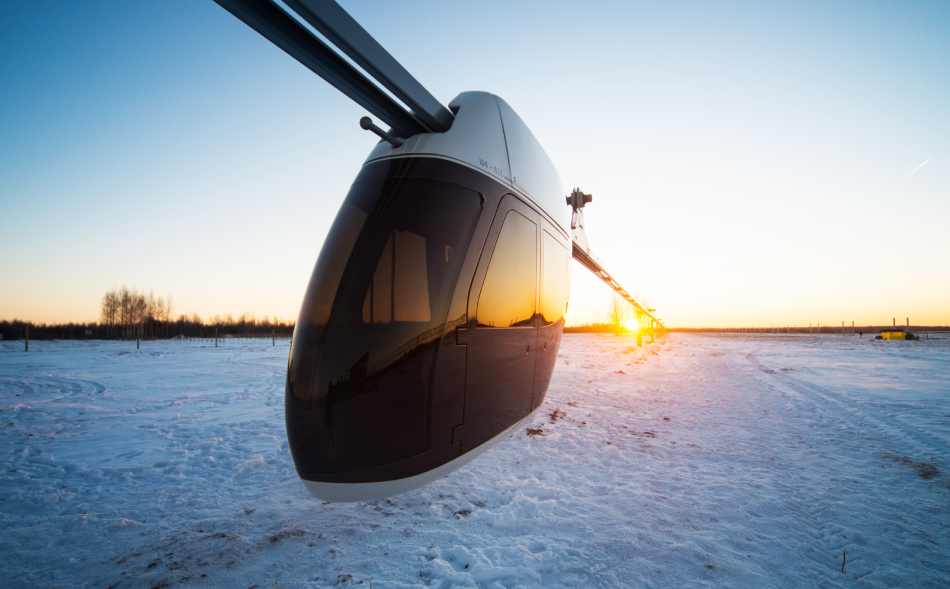
uST routes also allow to preserve the local biosphere without requiring deforestation or drainage of swamps, and, in addition, they are capable of running over rivers and lakes, connecting different coastal areas.
The string rail overpass can be operated at abnormally low temperature (up to -60 °C) and high wind load. Electric vehicles on steel wheels are equipped with an anti-derailment system, this ensures stability even at extreme weather conditions. In addition, the construction of such a route in complicated areas with swamps, mountains, and permafrost will cost less than the arrangement of traditional roads.
Find out more about the benefits of UST Inc. technology here.
More news
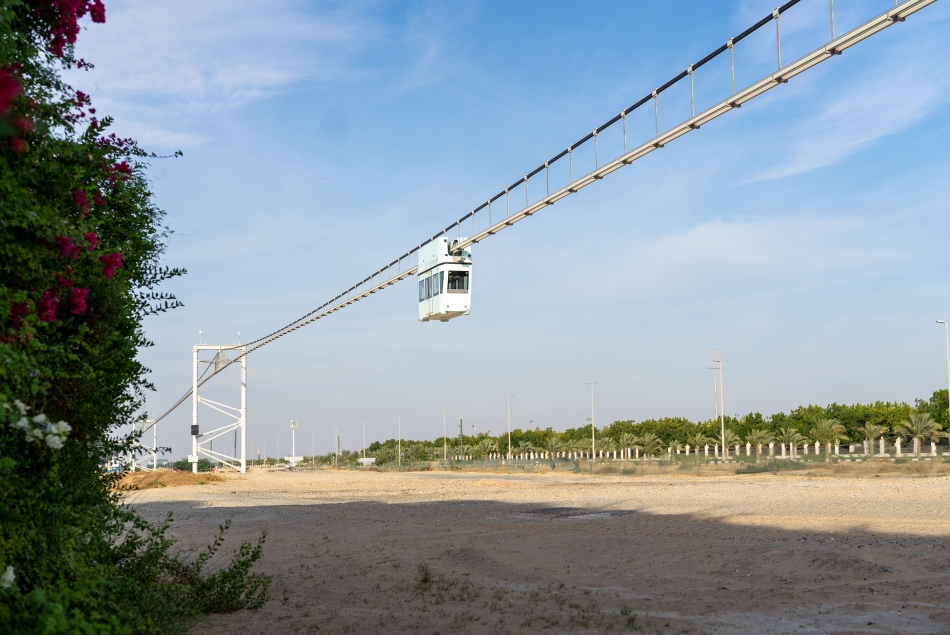
News
10 October 2025
Watch the Documentary about the Karat Complex – Now on YouTube!
The official UST Inc. YouTube channel released a documentary titled “Transport from the Future: The uBus Karat”, dedicated to the creation of a transport and infrastructure complex in the desert.
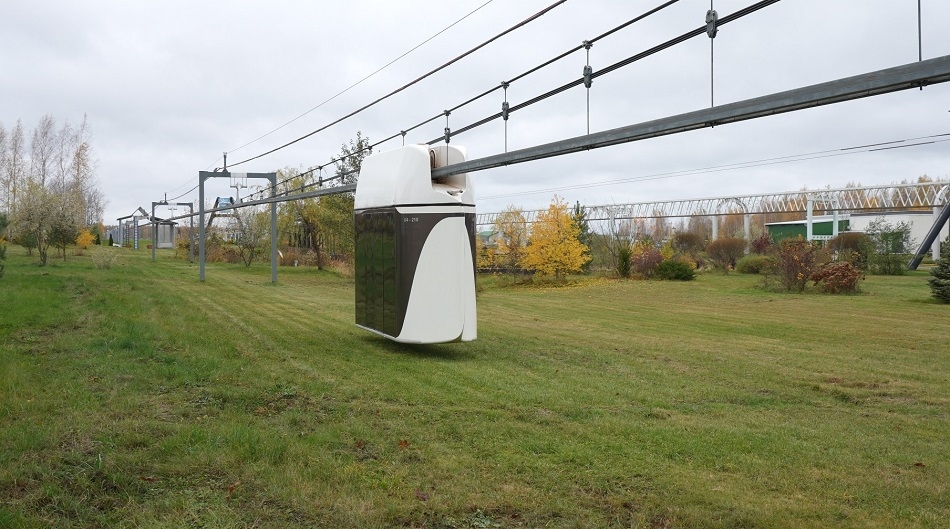
News
17 November 2025
See the sound: how UST Inc. engineers conduct vibroacoustic vehicle testing
For the best passenger comfort, uST transport and infrastructure complexes undergo various technical tests, including acoustic comfort tests. Engineer Vladimir Ovsyanko demonstrated how this is done.
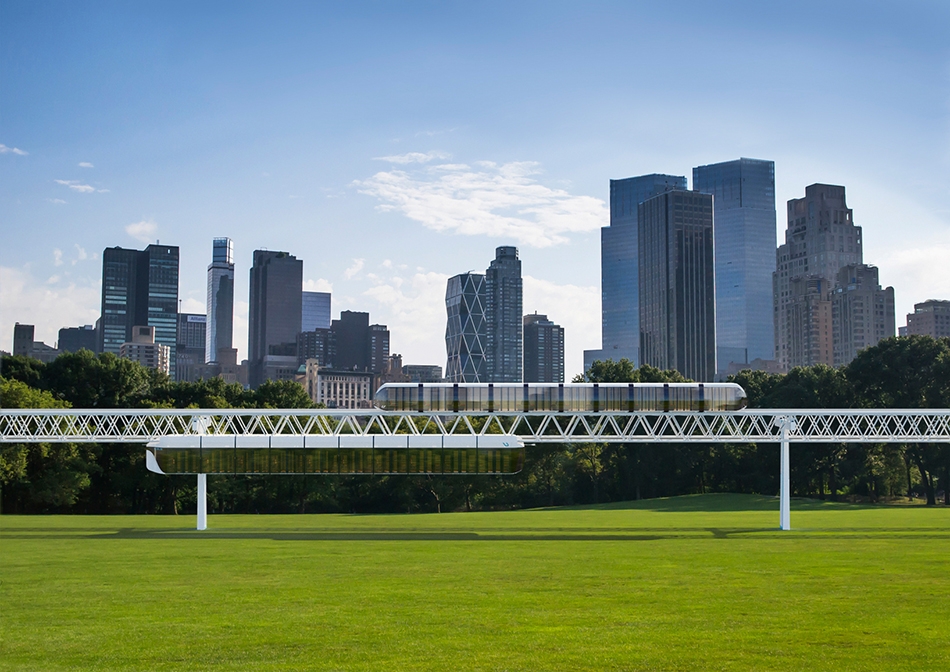
The commercial projects
12 December 2023
Current projects of UST Inc. in a new video about the company’s work in 2023
What regions does the company work in? How many projects is the company developing today?

